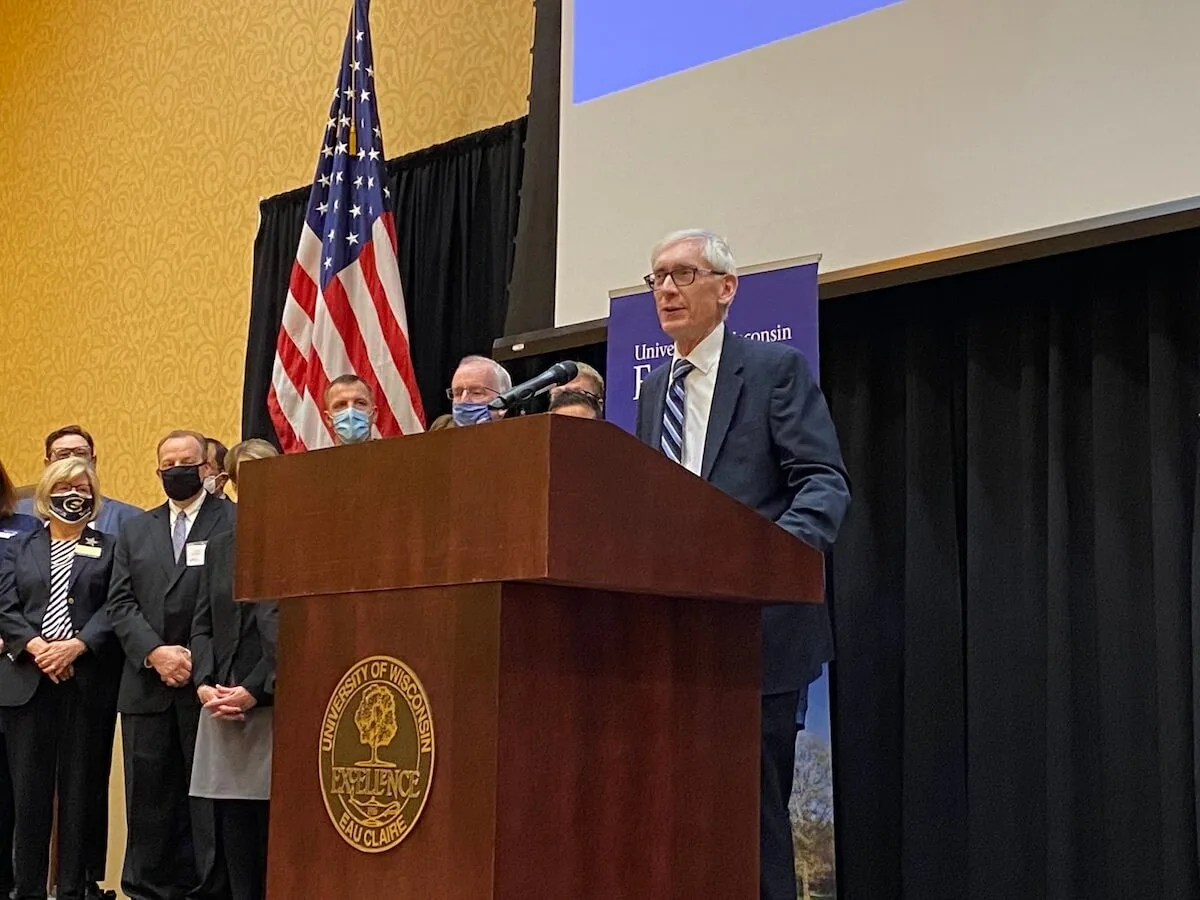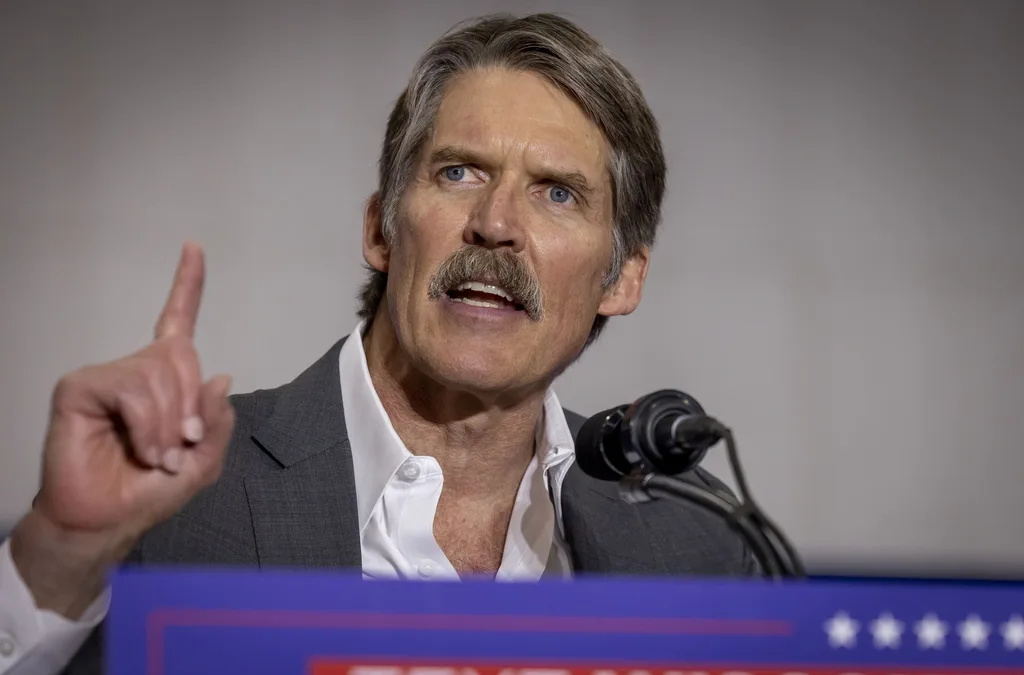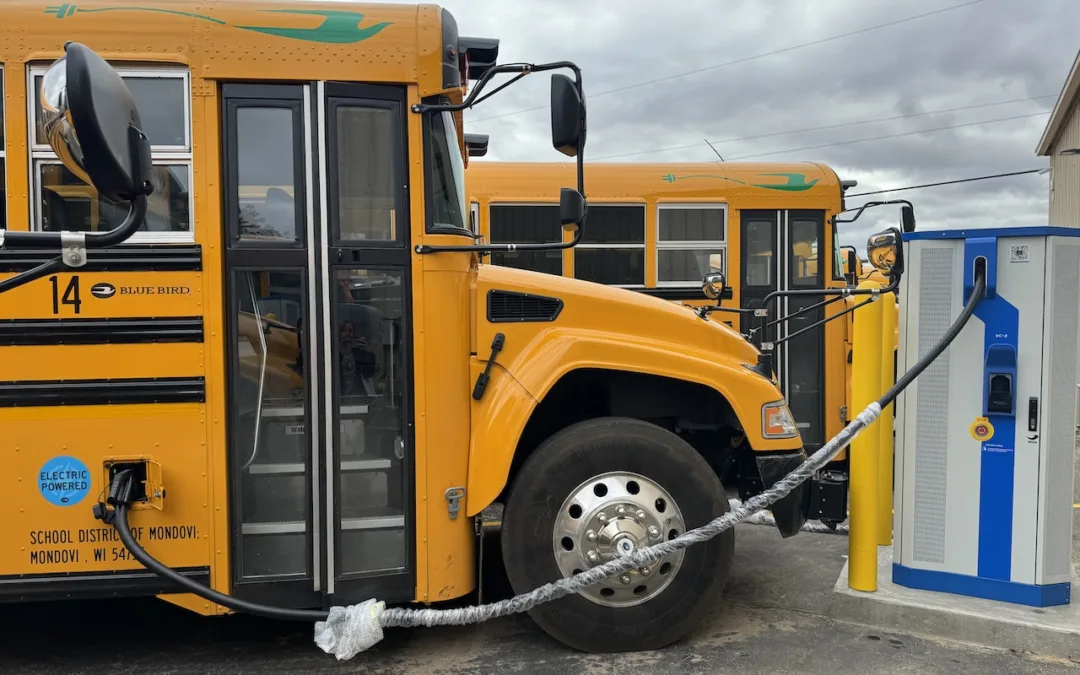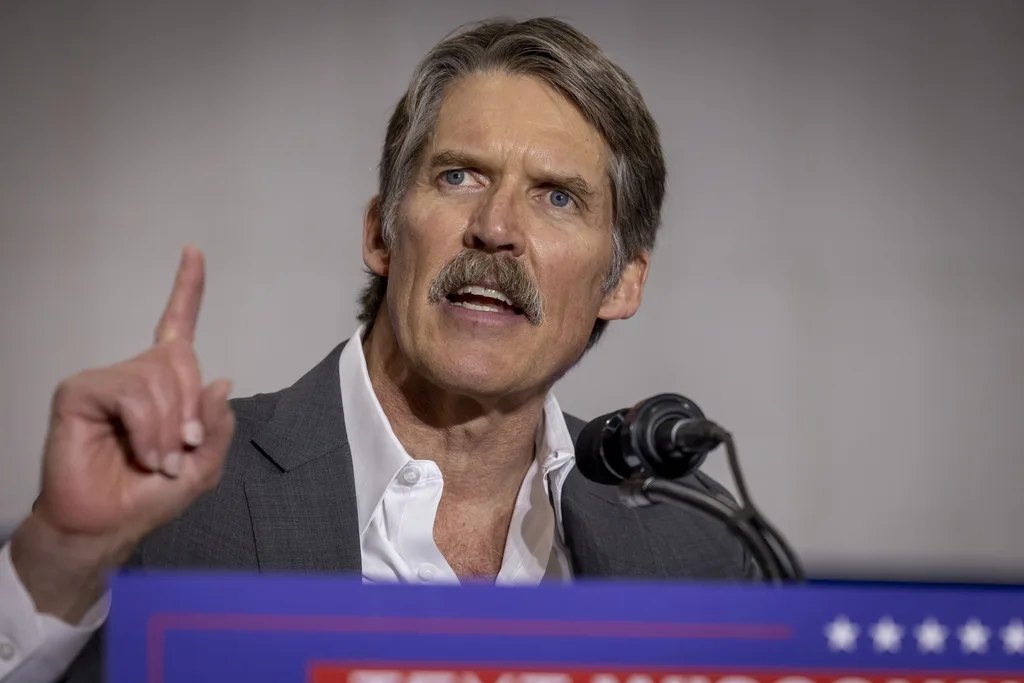
#image_title
#image_title
A dozen projects across Wisconsin will get funding, from Eau Claire to Kenosha, under Evers’ plan for the money.
Grant funding announced Tuesday would not only help Wisconsin’s business sector bounce back from challenges posed by the coronavirus pandemic, but would address workforce challenges that existed previously, Gov. Tony Evers said.
During a press conference Tuesday at UW-Eau Claire, Evers announced 12 projects across Wisconsin that will receive $59.5 million in grants to address workforce challenges across the state, many of which existed previously and have been exacerbated by the coronavirus pandemic. Those efforts will be funded as part of the $100 million investment of COVID-19 pandemic relief dollars through the Workforce Innovation Grant program announced earlier this year. A second round of grants is scheduled to be awarded in 2022.
Wisconsin businesses are rebounding from challenges related to the pandemic, Evers said, but more must be done to address long-standing workforce issues.
“What existed long before this pandemic began is a shortage of workers,” Evers said. “We’re here today to talk about solutions to these challenges.”
The Eau Claire area is the recipient of the two largest grant disbursements. UW-Eau Claire will receive $9.4 million to partner with local school districts and social service organizations to address worker shortages in health care, education, and social services; Chippewa Valley Technical College (CVTC) will receive $10 million to address the need for skilled workers in metal fabrication manufacturing.
Other grant-funded projects across Wisconsin include such efforts as training construction and skilled trades workers throughout the state; creating young, educated workers in Milwaukee; boosting entrepreneurship opportunities in Kenosha; allowing people who are incarcerated to earn undergraduate degrees from UW-Madison; and expanding high-quality childcare in the eastern and south-central parts of the state.
Wisconsin Economic Development Corporation Secretary and CEO Missy Hughes credited partnerships at the local and regional levels with getting grant money to areas of need. Such factors as transportation, affordable housing, and childcare are impacting potential business growth and must be addressed, she said.
RELATED: ‘People Don’t Want to Work’? Maybe They Just Retired Rather Than Expose Themselves to COVID.
“What’s incredibly exciting is seeing all of the players in many communities who came together and collaborated, and talked about how can we find solutions that are most important to our region,” Hughes said.
With a near-record low 3.2% unemployment rate in Wisconsin and rising costs of doing business, it’s necessary for the state to assist companies facing “a turning point in history,” said Amy Pechacek, state Department of Workforce Development secretary-designee.
The grant funding announced Tuesday is “an investment in Wisconsin businesses, people, and communities,” Pechacek said.
Grant funding to UW-Eau Claire will help address a nursing shortage and involves numerous regional partners, including Mayo Clinic Health System-Northwest Wisconsin. The money, disbursed during the next three years, will enable those entities “to make the most of our combined resources at a critical junction in our state’s history,” UW-Eau Claire Chancellor James Schmidt said.
The pandemic underscored the need to address healthcare and education needs in rural communities, he said, and grant funding will provide the tools to do just that. “These initiatives will bolster rural Wisconsin’s ability to sustain a healthy population and resilient business climate,” Schmidt said.
CVTC President Sunem Beaton-Garcia said the funding will be key to creating more access to manufacturing jobs, especially to underserved populations, that would provide an economic boost to the region.
“It is important that we seek to overcome the barriers that exist across northwest Wisconsin … We know that employers are struggling to hire trained, qualified workers,” Beaton-Garcia said, noting the grant problem will help with that effort.
Politics

Eric Hovde’s company exposed workers to dangerous chemicals, OSHA reports say
A Madison-based real estate company run by Wisconsin US Senate candidate Eric Hovde settled with the Occupational Safety and Health Administration...

Plugged in: How one Wisconsin school bus driver likes his new electric bus
Electric school buses are gradually being rolled out across the state. They’re still big and yellow, but they’re not loud and don’t smell like...
Local News

Stop and smell these native Wisconsin flowers this Earth Day
Spring has sprung — and here in Wisconsin, the signs are everywhere! From warmer weather and longer days to birds returning to your backyard trees....

Your guide to the 2024 Blue Ox Music Festival in Eau Claire
Eau Claire and art go hand in hand. The city is home to a multitude of sculptures, murals, and music events — including several annual showcases,...



